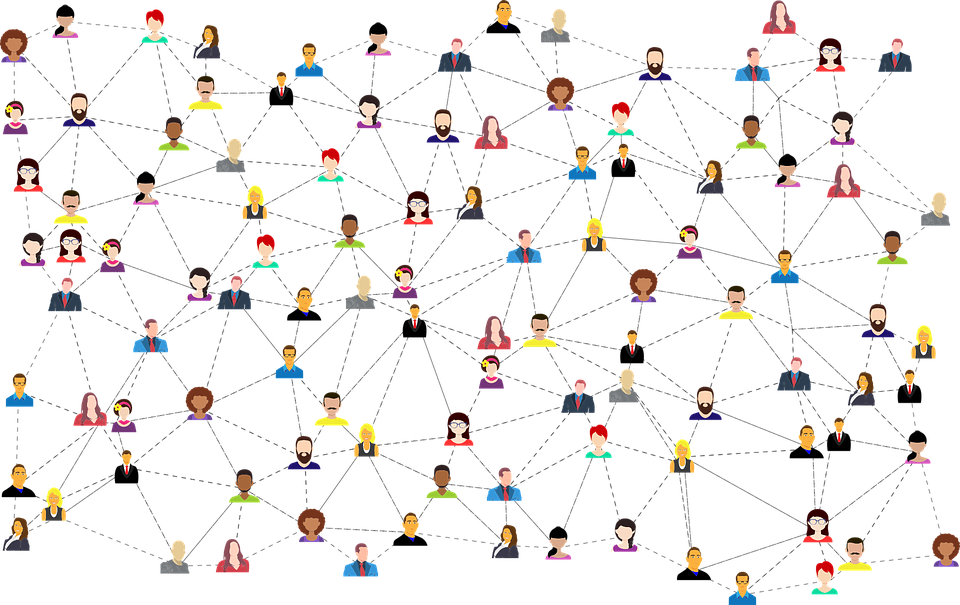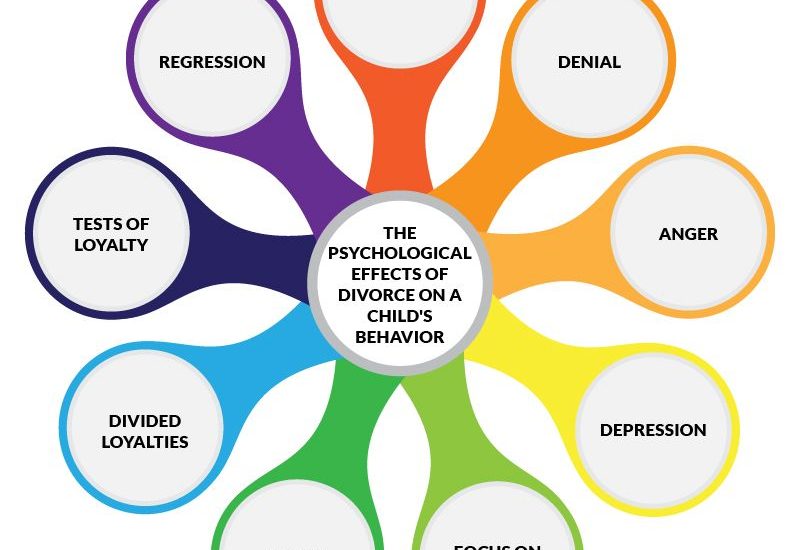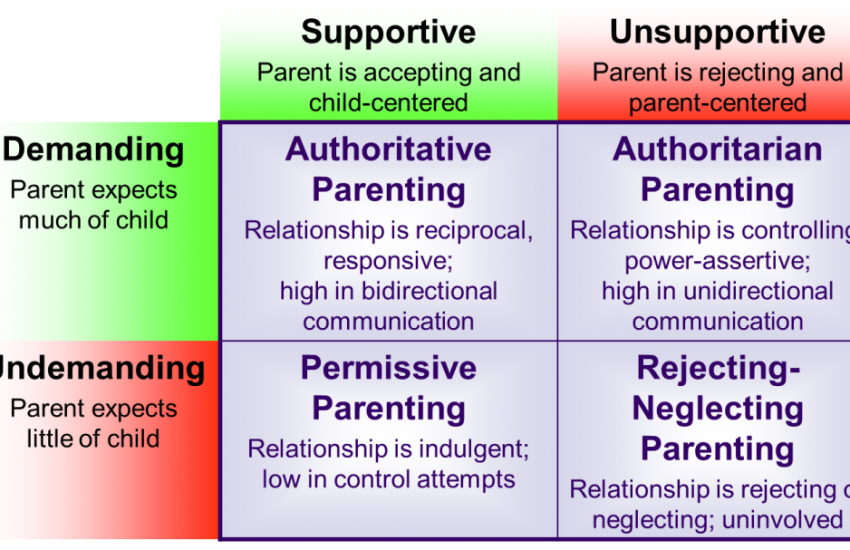The Changing Dynamics of Modern Families
In today’s fast-paced world, the traditional idea of a family has undergone significant changes. With the rapid advancement of technology, globalization, and changing societal norms, the dynamics of modern families have evolved to reflect these new realities. In this article, we will delve into how technology has impacted modern families and explore the various ways in which this has shaped family structures and relationships.
Technology’s Influence on Communication
One of the most significant ways in which technology has changed the dynamics of modern families is through communication. With the advent of smartphones, social media, and video calling apps, families can now stay connected with each other regardless of physical distance. This has allowed for more frequent and convenient communication, strengthening relationships and fostering closer bonds between family members.
Flexible Work Arrangements
Technology has also enabled flexible work arrangements, allowing parents to work remotely and spend more time with their families. This has led to a shift in traditional gender roles, with more fathers taking on caregiving responsibilities and more mothers pursuing career opportunities. As a result, modern families are increasingly redefining what it means to balance work and family life.
Education and Learning
Technology has revolutionized the way children learn and acquire knowledge. With online learning platforms, educational apps, and interactive tools, children have access to a wealth of information at their fingertips. This has empowered parents to take a more active role in their children’s education and has created new opportunities for personalized learning experiences.
Managing Household Tasks
From grocery shopping to scheduling appointments, technology has streamlined the management of household tasks. With smart home devices, virtual assistants, and online shopping services, families can now automate mundane chores and free up time for more meaningful activities. This has helped modern families navigate the demands of busy schedules and maintain a healthier work-life balance.
Challenges and Opportunities
While technology has brought about many positive changes in the dynamics of modern families, it has also presented new challenges. Issues such as screen time addiction, cyberbullying, and privacy concerns have become prevalent in today’s digital age. It is crucial for families to establish clear boundaries and guidelines for technology use to mitigate these risks and ensure a healthy family dynamic.
Conclusion
The changing dynamics of modern families reflect the profound impact of technology on our lives. As we continue to adapt to these new realities, it is essential for families to embrace technology as a tool for connection, learning, and growth. By harnessing the power of technology in a mindful and intentional manner, modern families can navigate the complexities of the digital age and foster stronger, more resilient relationships.
Technology has undoubtedly transformed the way we live, work, and interact with one another. As we navigate the changing dynamics of modern families, it is critical to prioritize communication, flexibility, and balance to create a harmonious and fulfilling family life in today’s ever-evolving world.


